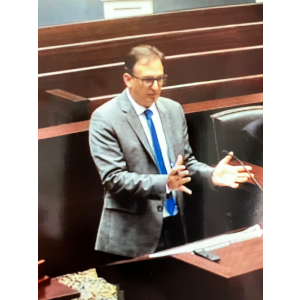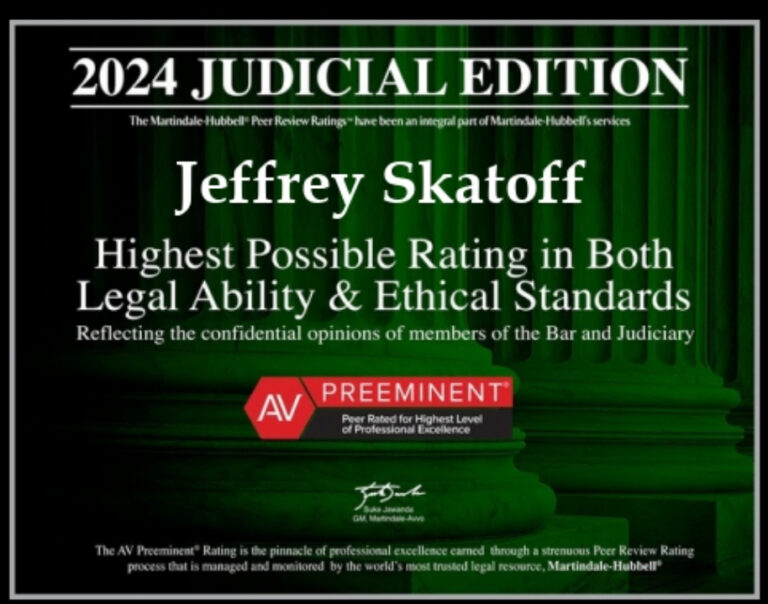Many people involved in probate litigation, a trust lawsuit, or guardianship litigation do not have the means to pay for their case out of their own funds. Litigation is expensive. Some probate lawsuits might involve multiple parties all suing each other, sometimes in multiple lawsuits, and sometimes in multiple courts. Depending on the type of litigation, there could be significant out of pocket costs, such as expert witness fees, court reporter fees, and travel to jurisdictions outside Florida for taking evidence.
In order to allow my clients to have access to justice that would otherwise be denied, I offer several plans through which my clients do not have to pay until the end of the litigation.
- Will Contest with a Contingency Probate Lawyer. If you have been excluded from a will and wish to challenge the will, I might take your case on a contingency basis, meaning that you only pay our fee if you win or settle the case. If your case looks really strong, I might also advance the costs of the case (expert witness fees, court costs, etc.) so that you will have no out of pocket cost unless you win or settle the case.
- Will Contest – Pay at End. Some wills have been improperly altered where they reduce my client’s share of the estate, say from one-third of the estate down to a much lower specific bequest of $100,000. In such cases, I might be willing to allow you to pay on an hourly basis, but at the end of the case, out of the specific bequest to which you would be entitled whether you win or lose your will contest.
- Guardianship Litigation. Guardianship litigation can be expensive— and be expensive quickly, given the fast-paced nature of guardianship lawsuits. In many cases, I am able to be paid out of a client’s future inheritance so as to allow the client to pursue justice. In some situations, especially where there is going to be a subsequent will contest or trust contest, I am willing to take my entire fee on a contingency basis at the end of the guardianship litigation and the inheritance litigation.
- Trust lawsuit. If you have been improperly written out of a trust, I might take your trust litigation lawsuit on a contingency basis, so that you pay only if we are successful. In other types of trust lawsuits, I might get paid out of your share of the trust that you receive whether you win or lose your trust lawsuit.
- Surviving Spouses. I represent a large number of surviving spouses on a contingency basis or on a pay-at-the-end basis, depending on the situation.
- Defending a Will Contest or Trust Dispute on a Contingency Basis. Depending on the circumstances, I might be able to defend a will contest on a contingency basis or pay-at-the-end arrangement.
- Probate Administration and Probate Litigation. Some clients wish to open a probate administration but don’t have the money to pay me to open the estate. In some cases, I will work with clients so that I am paid out of the estate, after the probate administration has been opened. I can also handle probate litigation on a contingency basis or pay-at-the-end basis, depending on the nature of the dispute and other factors in the probate administration.
Not every case will qualify for a pay-at-the-end / contingency fee arrangement. I would typically not take an estate dispute over personal property (for example furniture or collectibles) on a contingency basis. The case also has to be pretty strong – I would normally not take a weak probate case on a contingency basis. After I explain how I work, some clients prefer to go ahead and pay on a monthly basis. For example, if you are suing for many millions of dollars, you might prefer to pay as you go, as opposed to paying a percentage of the recovery as the fee.
Finally, every case is different. I tailor my fee arrangements with my clients so that it works for the clients and for the law firm. I would suggest that you call for more information.
Please call Florida lawyer Jeffrey Skatoff, for a no obligation consultation, toll free at (561) 842-4868.









